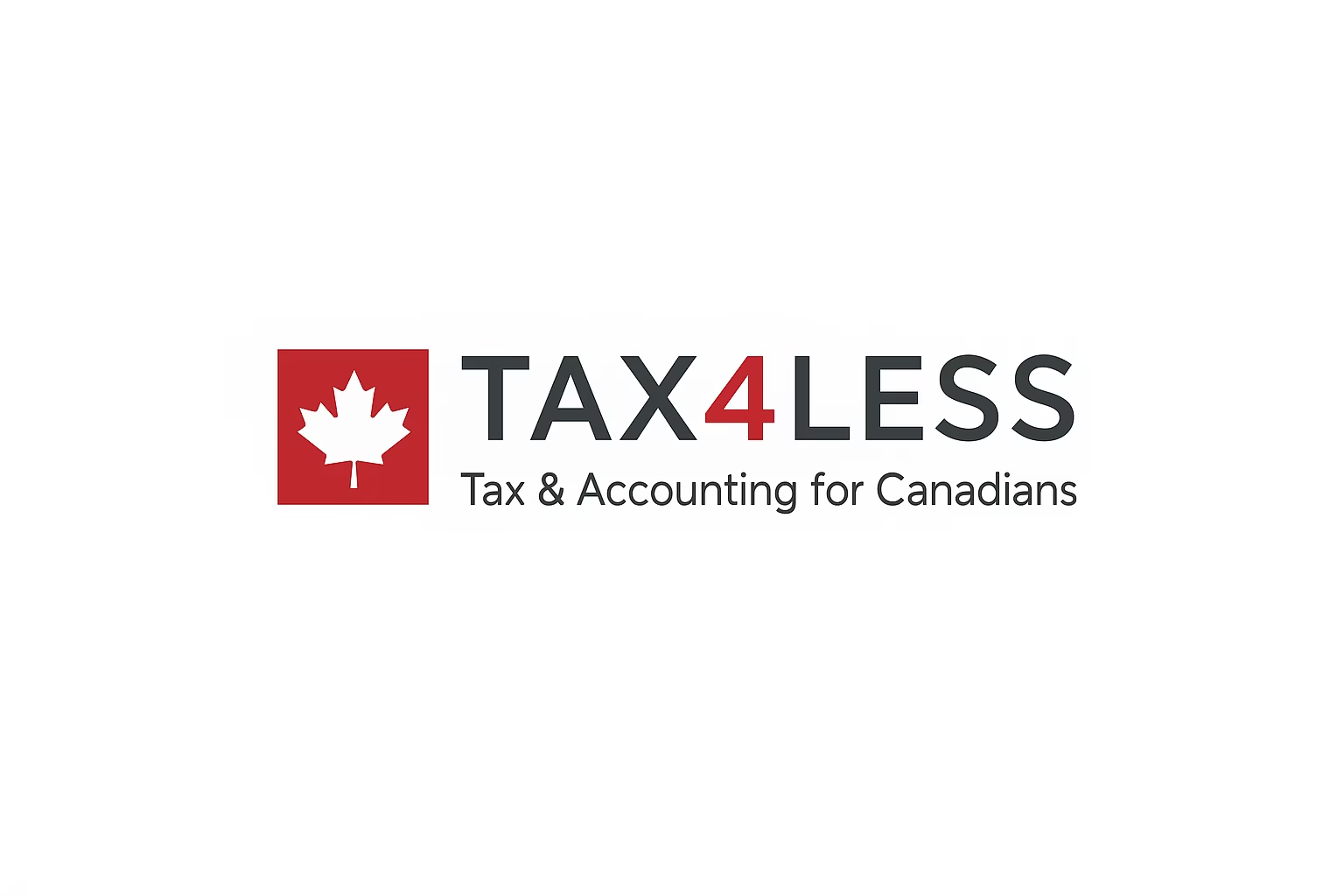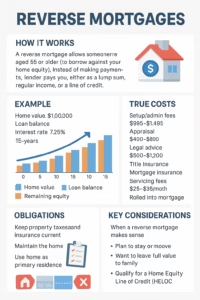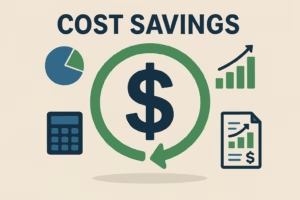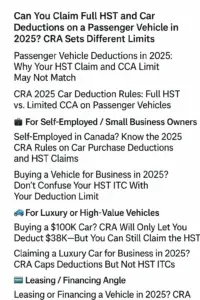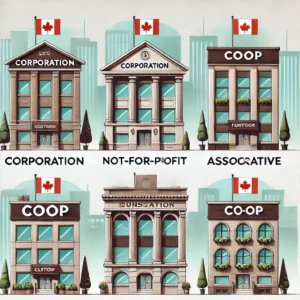How a Business Can Hold Alternative Assets on Its Balance Sheet — Treatment, Risks, and Best Practices
Learn how Canadian corporations can hold Bitcoin, Ethereum, gold, silver, and other alternative assets on their balance sheet — including tax treatment, accounting rules, custody, risk limits, and best practices.
